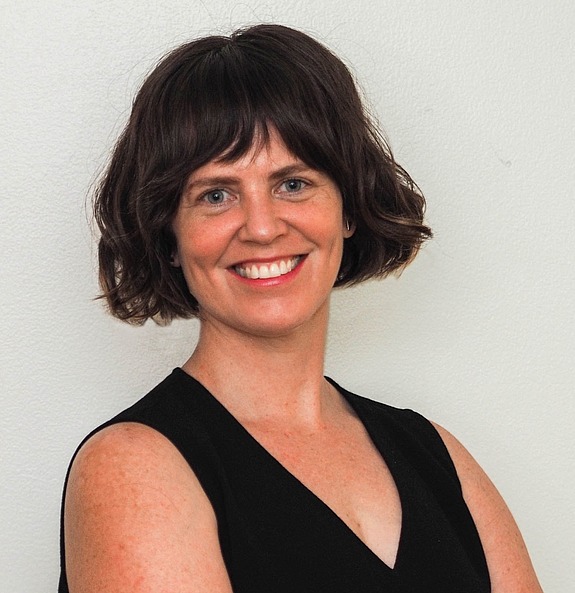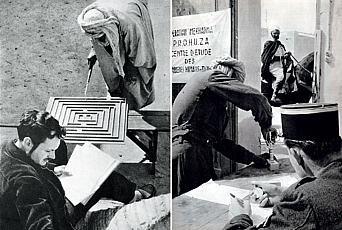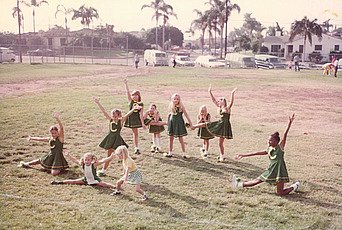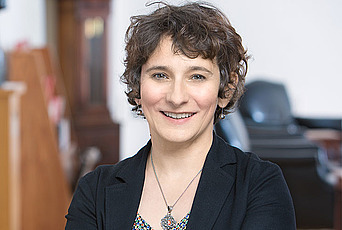Diana Graizbord, Member in the School of Social Science, is writing her first book "Indications of Democracy: Expertise and the Politics of Accountability," which examines how policy evaluation techniques have been adopted by the Mexican state and how this form of policy expertise shapes political accountability processes in contemporary Mexico. She is also working with a collaborator on a graphic novel, tentatively titled "Ethnography Decoded." She is Assistant Professor of Sociology and Latin American and Caribbean Studies at the University of Georgia.
How do you describe your work to friends and family?
My research is broadly concerned with the relationship between expertise and democracy. The book I’m writing now tries to answer the questions of why certain social policies are deemed successful and others failures, and how social policy goals and the metrics and methods by which policies are evaluated are produced in first place. To do so, I study the work of monitoring and evaluation experts working within the Mexican state. I don’t have the space to do it here but as an ethnographer, when describing my work to friends and family, I try to enliven my research through stories describing the exciting and everyday work done by the bureaucrats and social scientists who have, over the years, graciously put up with my many persistent questions and observations.
What question within your field do you most want to answer and why?
The questions I ask about science and the state and expertise and democracy are driven by a commitment to social justice. For me, the big question is how we can work collectively to produce more equitable social policy and how various kinds of knowledge—beyond traditional forms of policy expertise—can be brought to bear on that immense and important task.
Why IAS?
The Institute’s commitment to curiosity-driven research and its proven dedication to protecting and promoting independent and creative inquiry is so unique and important. I’m completely humbled to be in a place that has produced so much important scholarship. I’m excited to get to know and work with the Faculty and other Members, so many of whose work has inspired and informed my own, and I’m thrilled to able to focus on my research and writing.
Can you describe a high point and/or low point in your academic career and explain how this may have influenced your work?
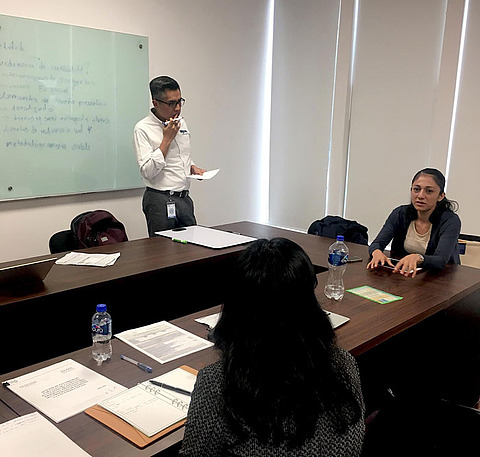
What is one of your interests or passions outside of academia? Has this had a bearing on your work?
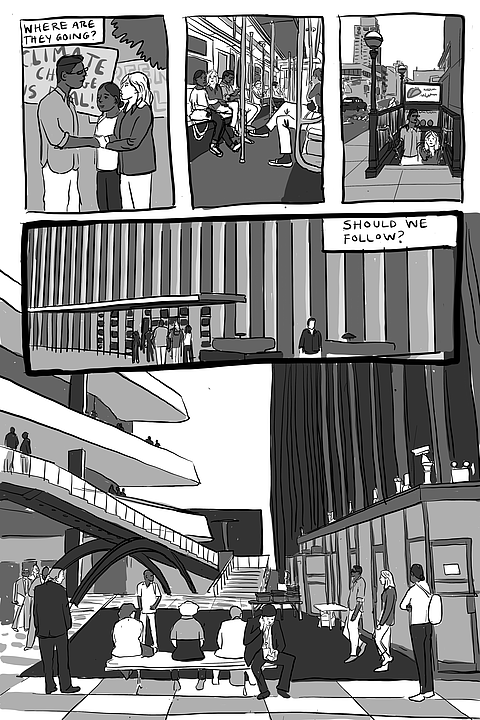
Where is your favorite place to think?
Our work as academic scholars can be quite solitary and while I enjoy that aspect to a certain extent, I find that I do my best thinking alongside collaborators, colleagues, and friends. My favorite place to think is wherever collaborative exchanges take place. I enjoy the energy, freedom, and playfulness that come from thinking together and find these moments generative and inspiring. I’m very much looking forward to thinking with my new friends and colleagues here at the IAS.
Has the pandemic added any new dimensions to your research? If so, please explain.
In ways I think we can all appreciate the pandemic has filled the public arena with questions about the nature of expertise, the politics of knowledge and ignorance, and what constitutes policy evidence. Unfortunately, the mismanagement of the pandemic by policymakers and politicians in the US and other contexts has also raised questions about political accountability and public transparency. These questions are central to research on science and the state and my own research on social policy and evaluation expertise. Since the pandemic began, I’ve felt a greater sense of urgency around my work. My research, and that of other scholars working on similar themes, seems more important than ever.
What is your hope for the future?
For now, just a vaccine. I’d love to get off zoom and have a party!
